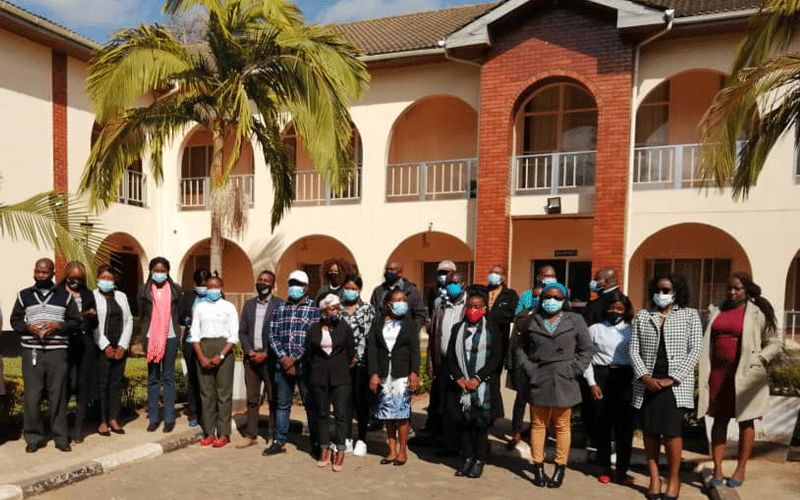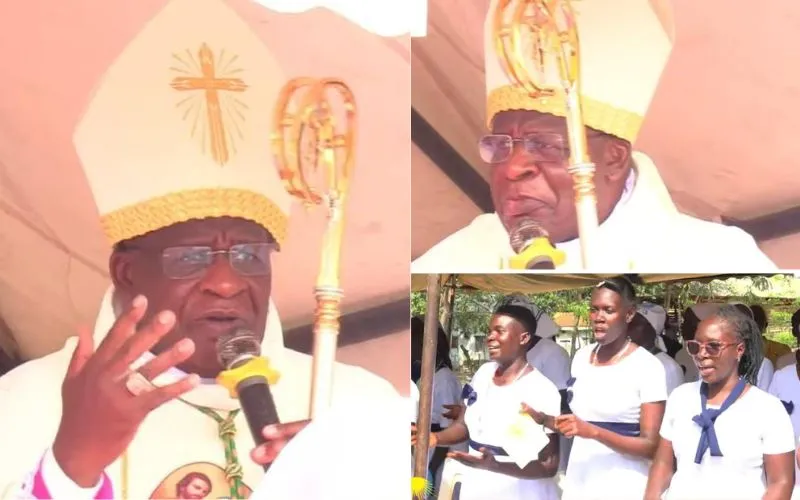Lusaka, 30 July, 2020 / 9:00 pm (ACI Africa).
Journalists drawn from various parts of Zambia completed a media training organized by Caritas Zambia, the humanitarian and development arm of Catholic Bishops in Zambia.
The two-day training that concluded Wednesday, July 29 aimed at equipping the reporters with necessary skills to report on climate change, seed politics and nutrition in the Southern African country, an official of Caritas Zambia told ACI Africa in an interview.
Organized in the country’s capital, Lusaka, the training had also the purpose of encouraging journalists in the country to drum up support for indigenous farming techniques, which faced a threat from commercial seed and farm input companies, Caritas Zambia Director, Eugene Kabilika told ACI Africa Wednesday, July 29.
“There has been an increasing interest in seeds by companies which are interested in profits at the detriment of our farmers. Farmers are being encouraged to obtain seeds from the companies and to rely on farm chemicals which are harming the soils and threatening food security in the country,” said Mr. Kabilika.
Consequently, according to the Caritas Zambia Director, laws that are being made in the country to regulate acquisition of seeds are limiting access to small scale farmers who he says have, for years, shared seeds for planting among each other.








